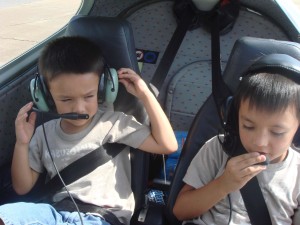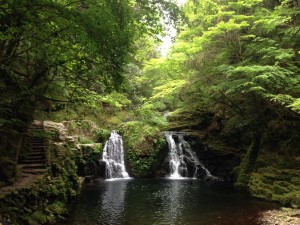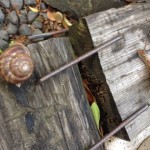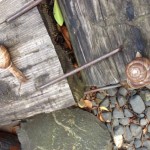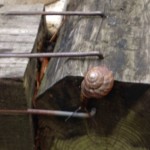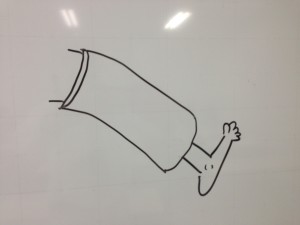Professor, how long should my report be?
Professor, how long should my presentation be?
I get these questions a lot.
I have these requirements given to me as well. When writing papers, it’s fairy common to have page requirements.
I understand there are cases where it is helpful to have at least a general idea of how long, or short, a paper or presentation should be, but I often reply with a joke. This joke:
Question: How long should your legs be?
Answer: Long enough to reach the ground.
This is supposed to be funny, and maybe it is, but it is also to make a point. Legs are different lengths based on whose legs they are. Yet, for the most part, they perform the same functions even with being different in length.
If your paper or presentation meets its requirements it will be the proper length. So, what are those requirements?
Given your thesis statement or purpose, do you answer all of the questions completely enough?
That’s it.
No more.
No less.
Those questions are different for different topics and situations, but you should be able to discern what those questions are and then whether you have answered them completely enough.
“You” should be able to do that. Your teacher is looking for that in your work. Did you fulfil the basic requirements? Did you provide enough detail, enough support, enough specific information to make and and support your point or to complete your story?
Then that is long enough.
Here’s a picture I used in one of my classes. What are the ‘questions’?
